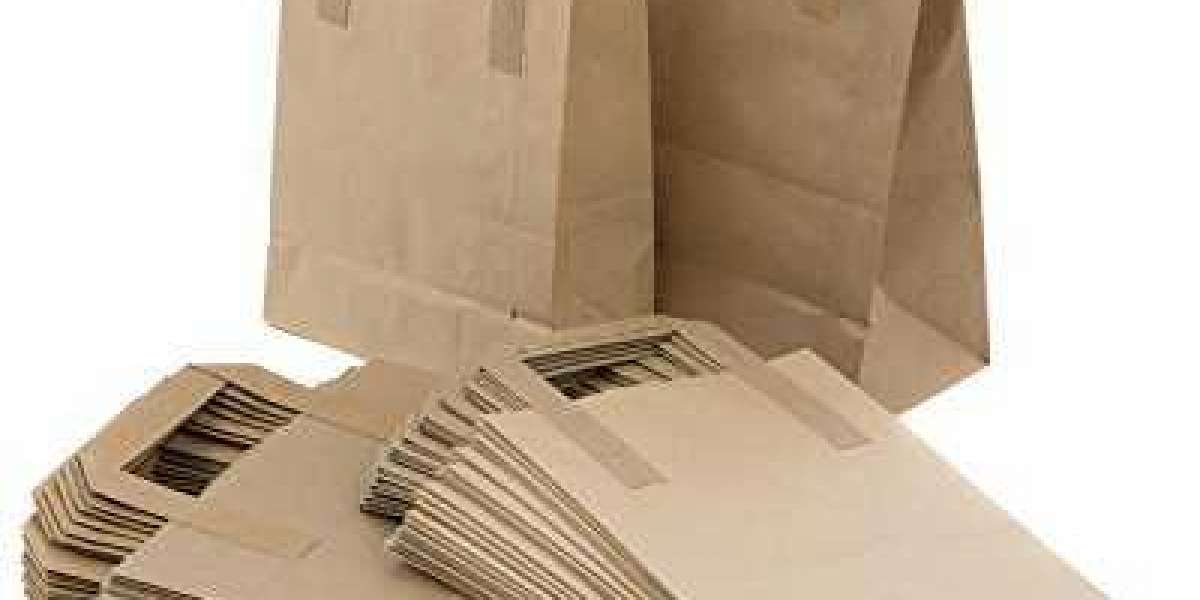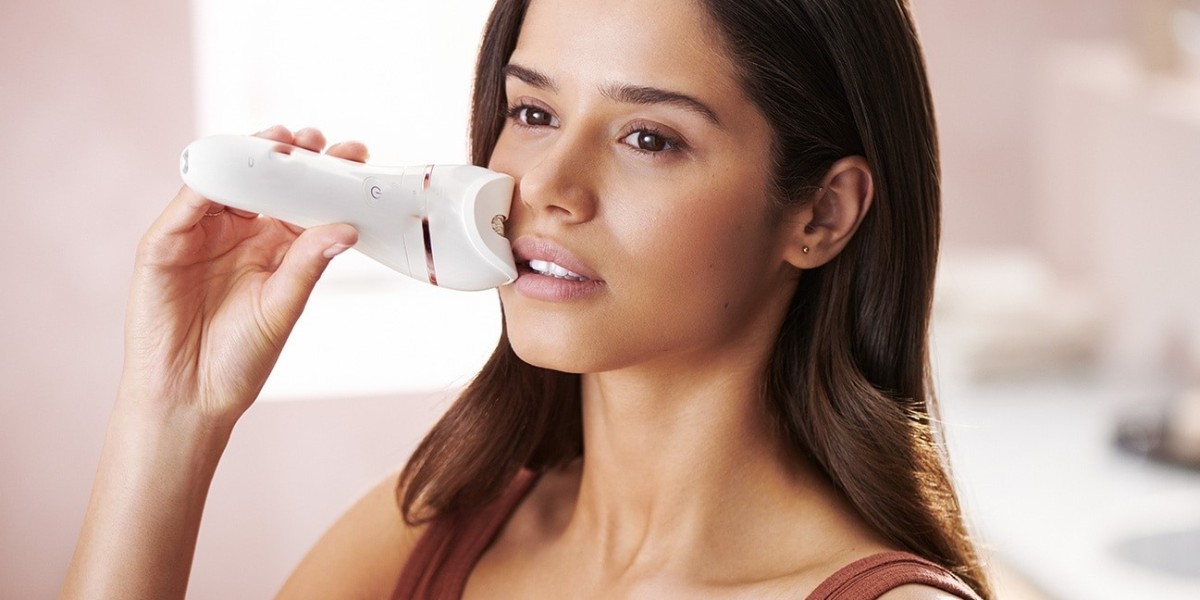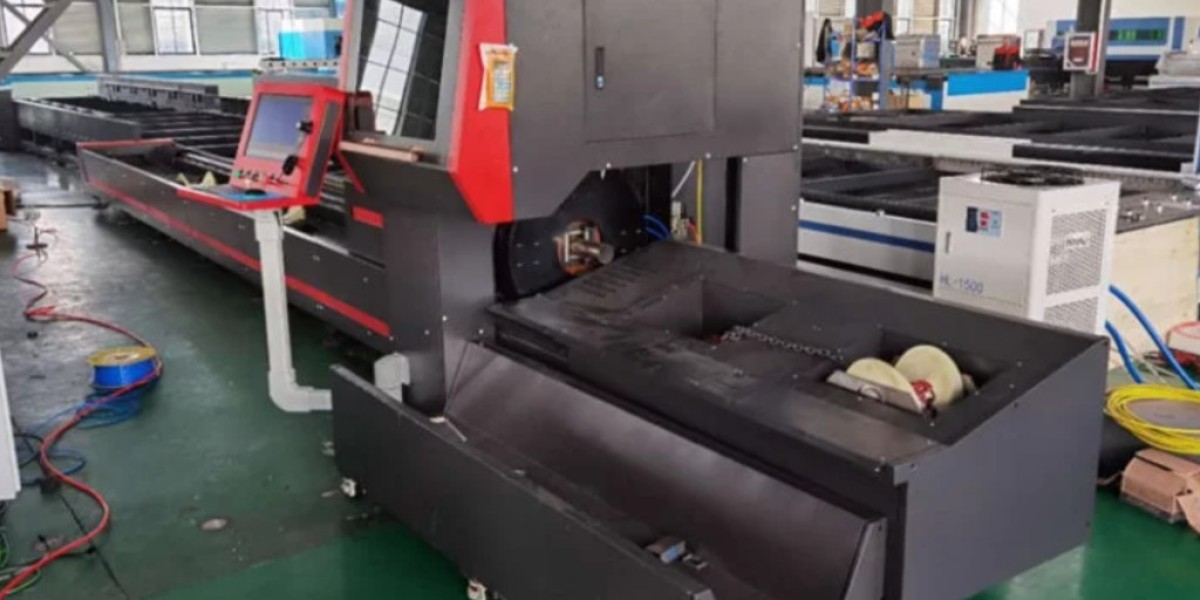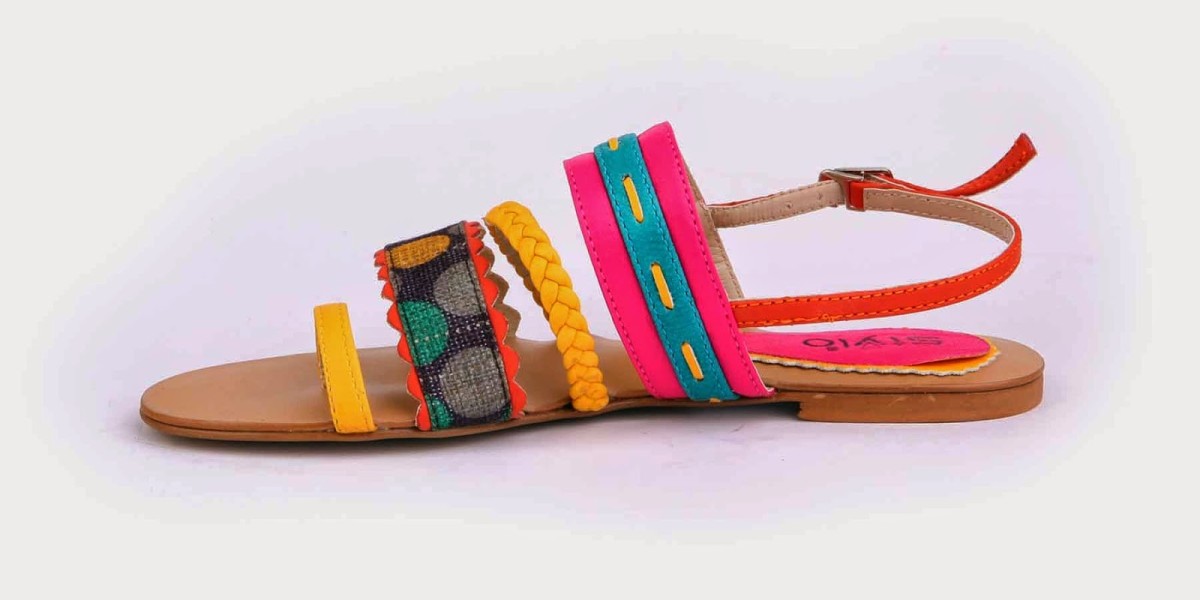Living in Brooklyn, Katerina Bogatireva has long brought her own reusable bags to her grocery store and refused to buy single-use plastic water bottles. But when her son Sepand was in kindergarten, she decided to move up a gear. After taking a lesson in sustainability at school, her son "was very worried," she recalls, "He said to me, 'Mom, do you know how long the plastic will stay in the landfill ? ' It broke my heart. ”This moment changed his lifestyle, taking him on an entrepreneurial adventure. Four years ago, Katerina Bogatireva founded a grocery store called Precycle, where customers can buy fruits, vegetables, pasta, cereals, flours, legumes, oils and vinegar without the packaging that usually accompanies them.
Bulk, a booming market
Precycle is not the only bulk company to have sprung up in the United States in recent years . There is also Zero Market in Colorado, Fillgood.co in California and Package Free Shop, also in Brooklyn. Large companies are also beginning to become aware of the phenomenon. Brands like Starbucks, Nestlé, Häagen-Dazs, Procter Gamble and many more are taking steps to reduce packaging waste. Starbucks has plans to get rid of plastic straws, for example, while
These approaches reflect a broader evolution of popular ecology, which no longer advocates recycling but favors efforts to reuse.
Nestle is committed to making its packaging fully recyclable or reusable. The British supermarket chain Iceland has promised to remove plastic packaging from its brand products. These approaches reflect a broader evolution of popular ecology, which no longer advocates recycling but favors efforts to reuse and reduce the consumption of single-use products such as bags, cutlery and containers. And if this trend continues, it says a lot about what people value today. "Plastic is everywhere in our economy," says Thomas Kinnaman, environmental economist at Bucknell University in Lewisburg, Pennsylvania. If companies like Precycle take off, he adds, that meansconsumers are looking for other ways to consume, despite the benefits of plastic packaging. One of their strengths is convenience. If groceries are offered in portions in light packaging and plastic bags are on hand, consumers only have to bring their wallets to stores. This packaging also made it possible to create more practical items, such as prepared meals and individual snacks for children's meals.
Cheeses wrapped in recyclable wax in candles
Avoiding packaging completely can be particularly complicated, admits Katerina Bogatireva. When she decided to limit her contribution of waste to landfills, she realized that she had to rethink how to shop, by going to several stores and markets to find all the items she needed, without the plastic packaging. usual. Precycle was born in response to this hassle, and officially opened in December 2018 so that consumers can easily choose options without packaging. This is how the store works: customers bring their own containers or buy those sold locally. When they enter the store, they must weigh their empty containers, which they will weigh from
again at checkout to find out the amount to pay. Despite the cumbersome aspect of transporting the containers, consumers adhere to the project, underlines Katerina Bogatireva. Precycle has implemented a loyalty program and around 1,200 people have already signed up. Another advantage of packaging, an integral part of modern society, is its ability to extend the life of perishable food, says Susan Selke, director of the packaging school at Michigan State University in East Lansing.
"The advent of modern packaging is often illustrated by the shift from cookies stored in barrels in stores to prepackaged cookies that stay fresh and crunchy longer on the shelves," she explains. "Could we go back to this cookie-barrel economy?"
Could we go back to this cookie-barrel economy? Perhaps. But that would imply radical changes in society.
Katerina Bogatireva
Perhaps. But that would imply radical changes in society. ”Katerina Bogatireva recognizes that the conservation of foodstuffs is a real problem for Precycle. This is why the store mainly sells ingredients rather than pre-made foods. There are still obstacles to be overcome. The brand does not sell meat or fish, but the founder opted for cheeses wrapped in wax and encourages her customers to use it to make candles. Not everyone is inclined to make such lifestyle choices, tempers Thomas Kinnaman. But those who do so often carry out an informal cost-benefit analysis, weighing criteria such as the practicality and the non-perishability of plastic packaging againstthe guilt they can feel by filling their garbage cans and the awareness of the danger of waste on the environment .
Certain aspects, however, escape the actions of consumers. "My biggest challenge is to reduce waste as a business," admits Katerina Bogatireva. It is difficult to find suppliers who do not use single-use packaging. For Precycle, it chooses suppliers favoring recyclable packaging, such as cardboard, when it is impossible to transport the products otherwise.
"The idea is to do what you can," she concludes. "Every little bit is important."
This article is published as part of Earth Beats, an international and collaborative initiative bringing together 18 media from around the world, including Figaro Demain, around solutions to waste and pollution.



